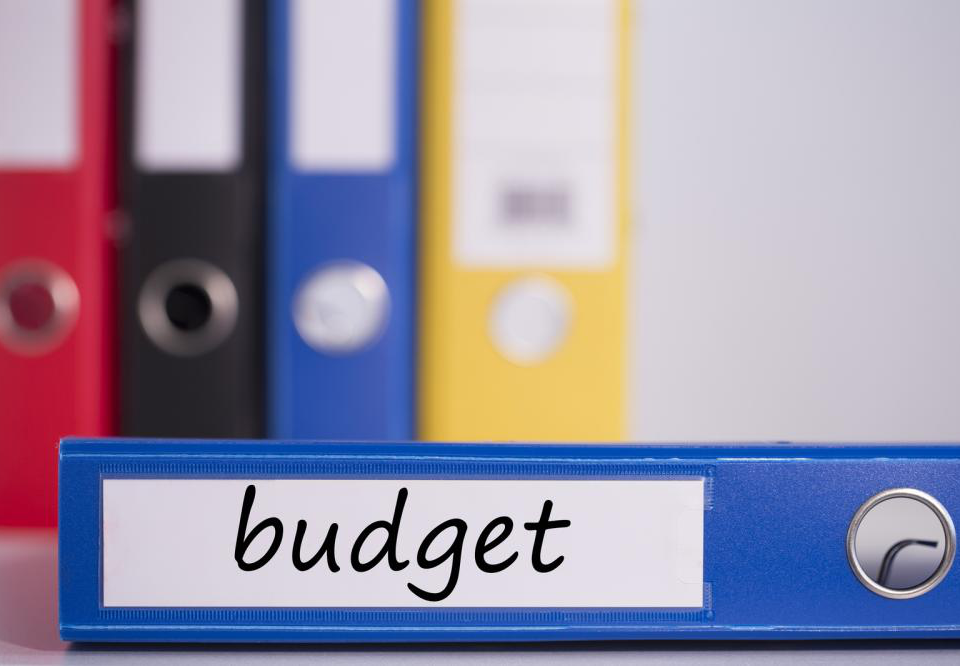Advantages and Disadvantages of Investing in a Commercial Property
3 Reasons Why Buying a Commercial Property Is Better Than Leasing It
September 13, 2018Benefits of Buying Equipment Using Working Capital Loans
September 15, 2018Investing in property and real estate has always been lucrative as it has many rewards and is a good investment opportunity. In the property business, commercial ones are even considered to be more financially rewarding than the residential properties but with higher rewards come higher risks.
These commercial properties include spaces for office, warehouses, industries, apartments, or a mix of these. To have a complete understanding of what it is really like to invest in a commercial property, let us have a look at its pros and cons below.
Advantages
High-income potential
One of the major advantages of investing in a commercial property over residential real estate is the earning potential it has. An annual return of approximately around 6 percent to 12 percent is what you can expect of the purchase price of the commercial property. This depends on the demand for the area, which is comparatively high when compared to 1 percent to 4 percent for single-family home properties.
Professional relationships
Since a commercial property is mostly rented out to businesses, the owners also mostly operate the property as a business. This makes the relationship between a landlord and a tenant more like a business-to-business one, which keeps the interactions always on a professional level.
Objective price evaluations
Commercial properties, when being sold, are priced more objectively as compared to residential properties that are often subject to more emotional pricing. To determine and correctly evaluate the market price of a commercial property, you can ask for the current owner’s income statement, which will give you a fair idea what the price should be.
Flexibility in lease terms
Residential real estate properties have more consumer protection and state laws governing them, such as termination rules and security deposit limits, as compared to commercial properties that are up for leases.
Disadvantages
Time commitment
A commercial real estate building requires more management and commitment than a residential one. It is possible that if you have a commercial property, you are dealing with multiple leases. This means you cannot be an absentee landlord and wish to maximize your return on investment. You need to be present and available at all times whenever your help is needed and make every effort to resolve public safety concerns.
Initial investment
If you want to acquire or invest in a commercial property, then you need large capital as compared to what you would need when acquiring a residential rental in the same area. There might also be other capital expenditures that come your way. These may include maintenance and repairs costs. You need to look after these issues before you even lease or rent out your property.
This means that these expenses need to be done out of your own pocket. What you can only hope for after renting or leasing out your property is that the gains in revenues outweigh the costs.


